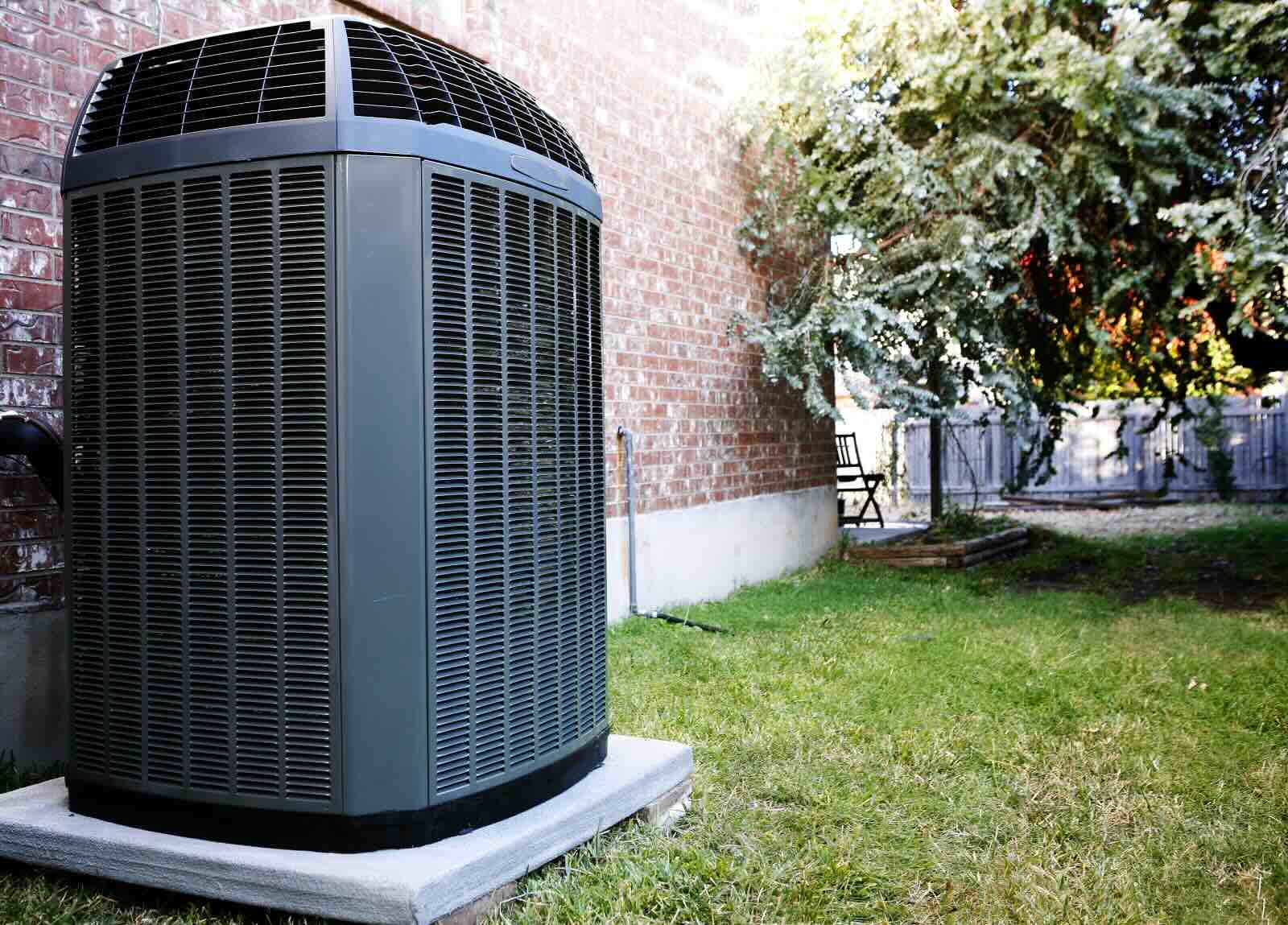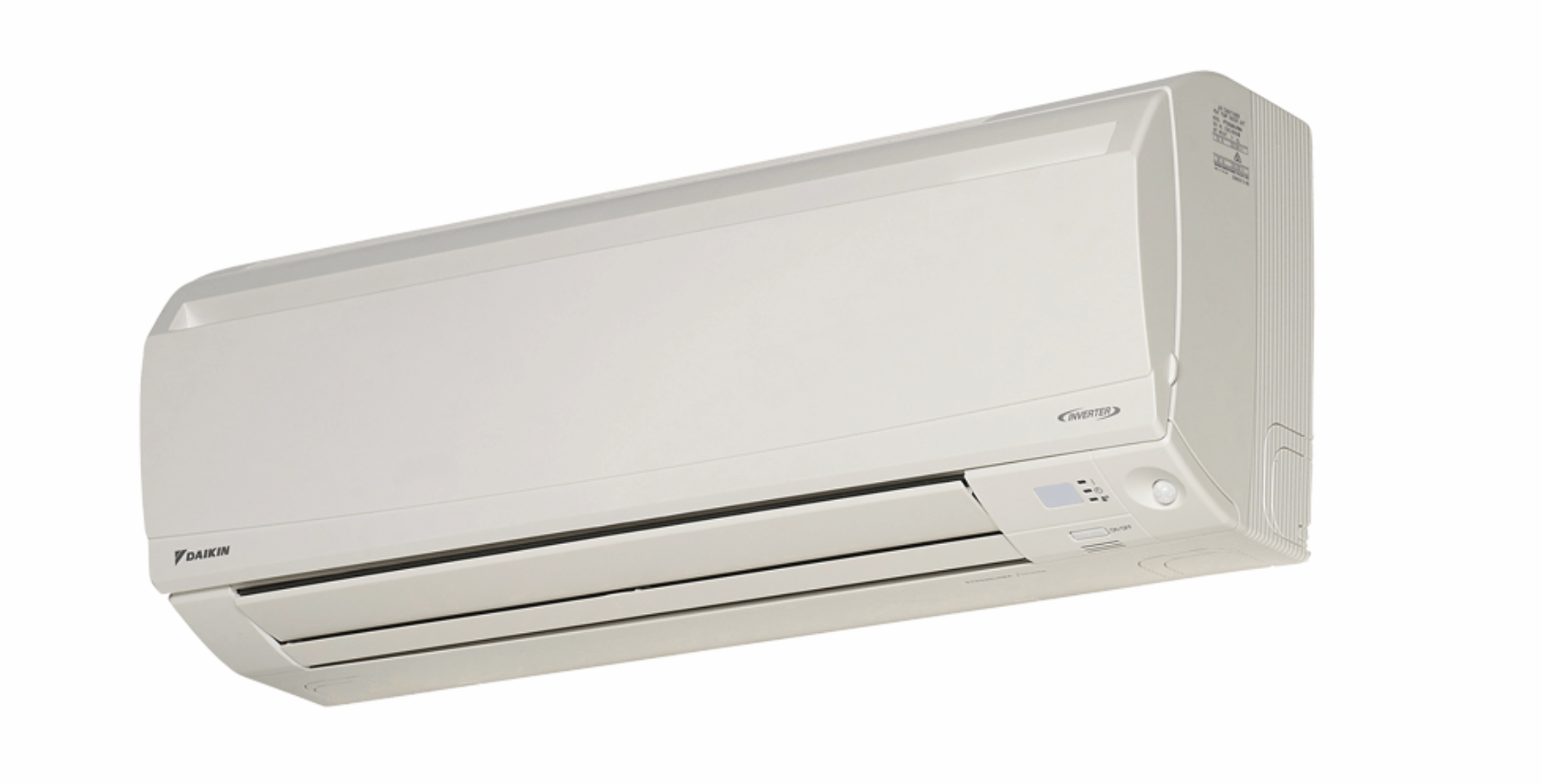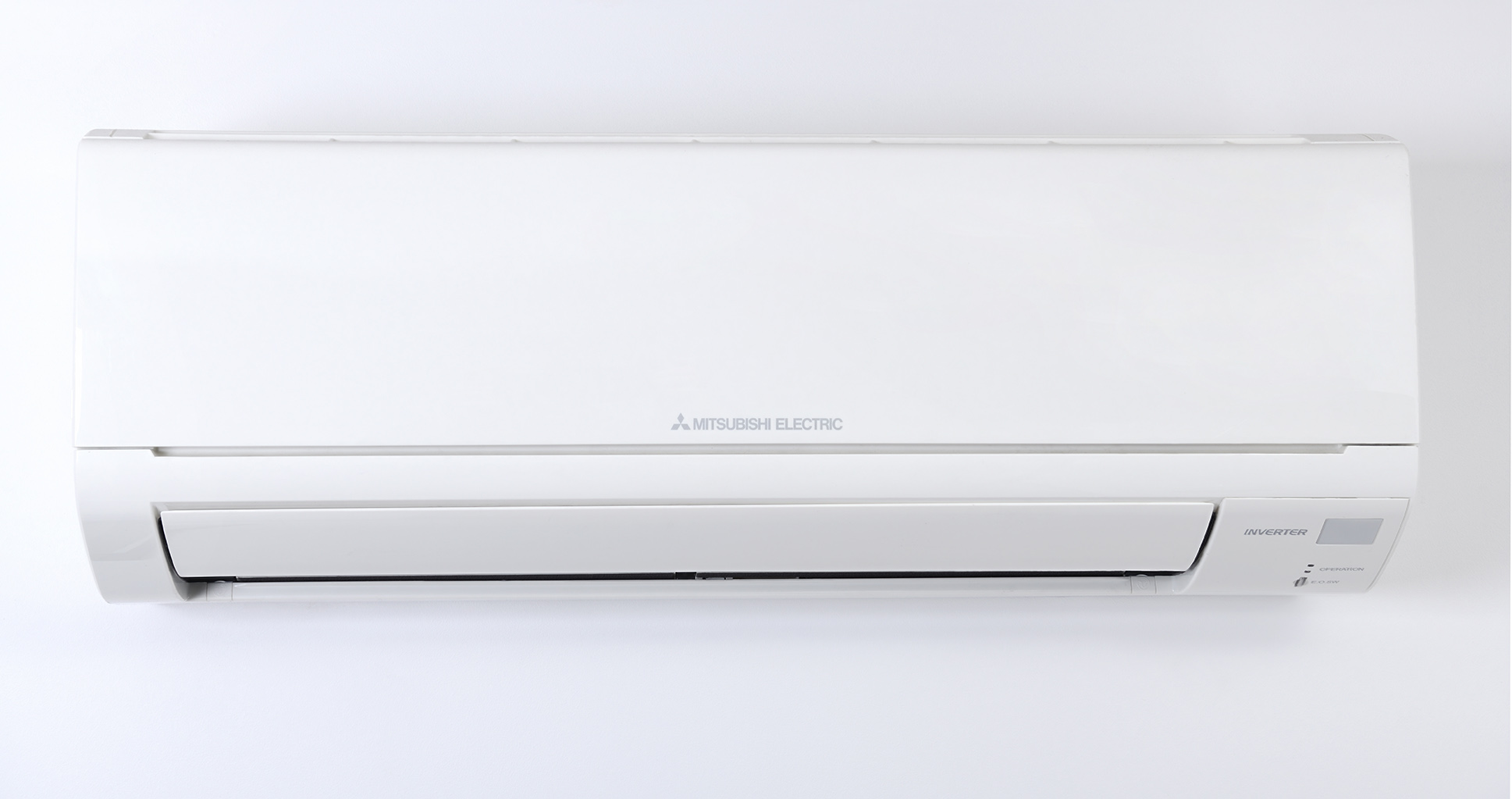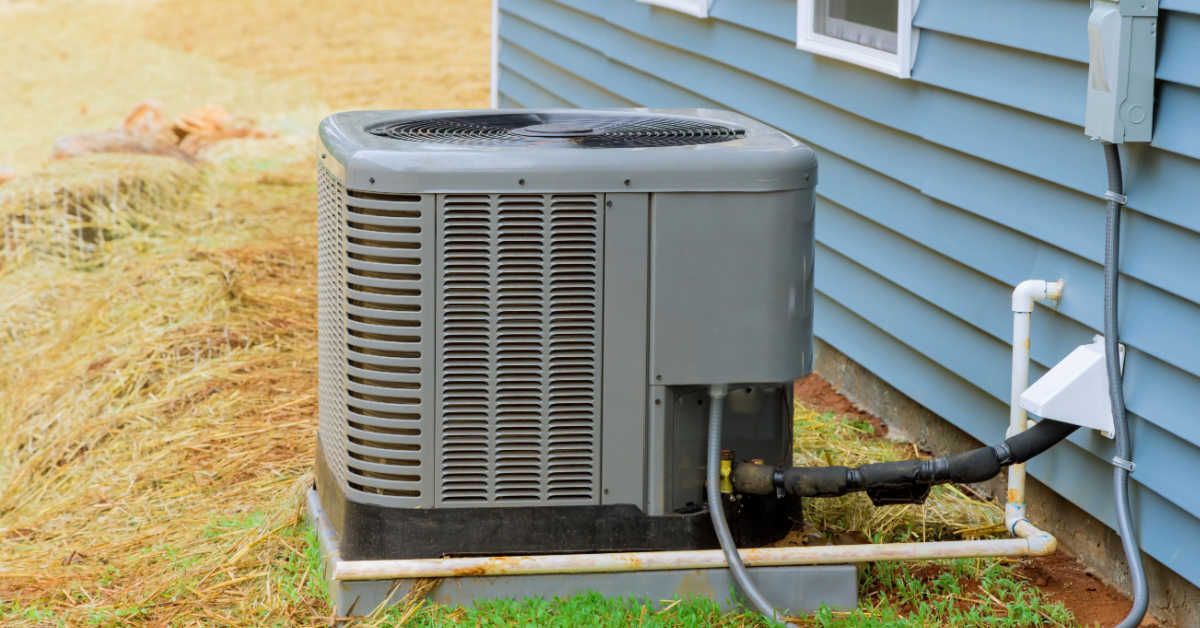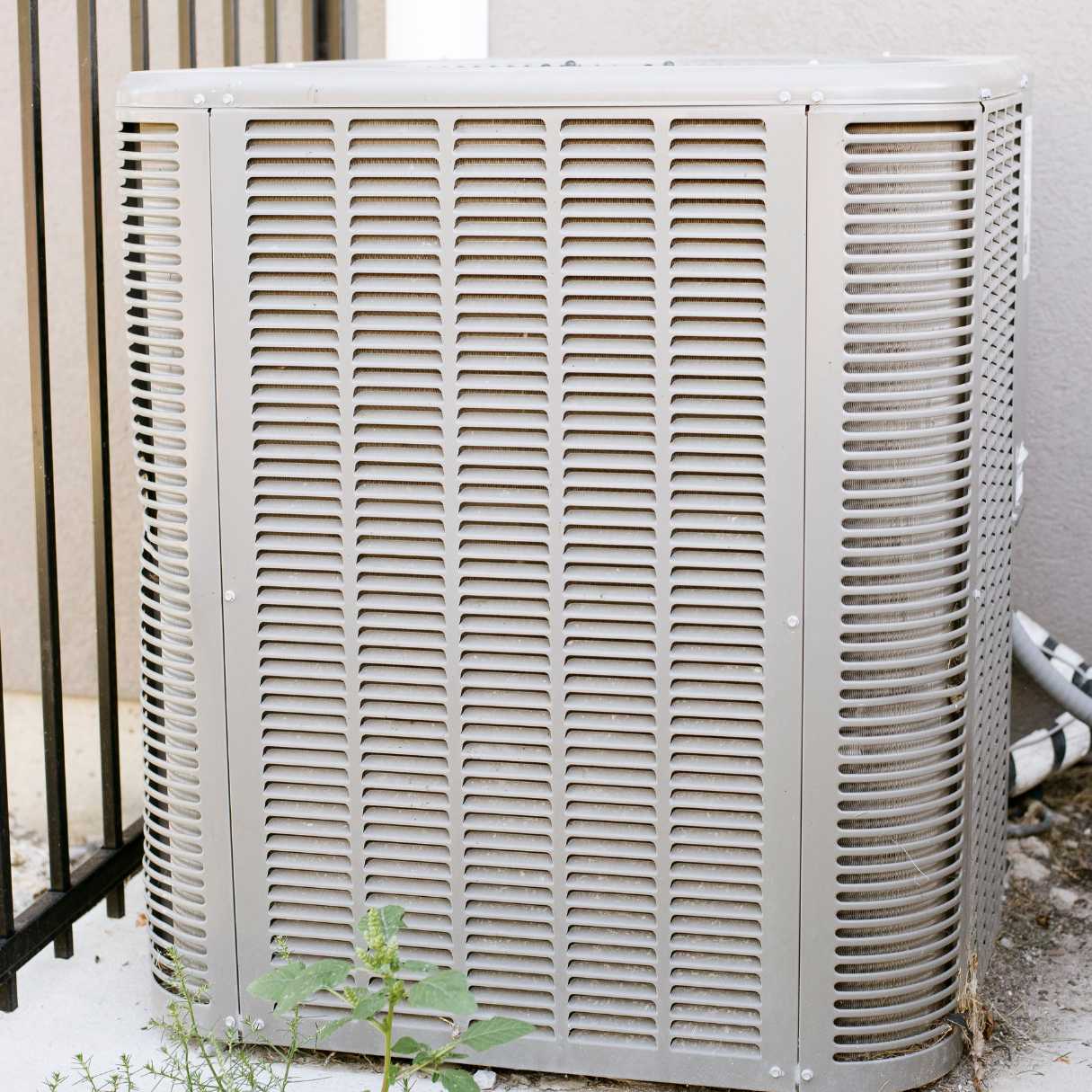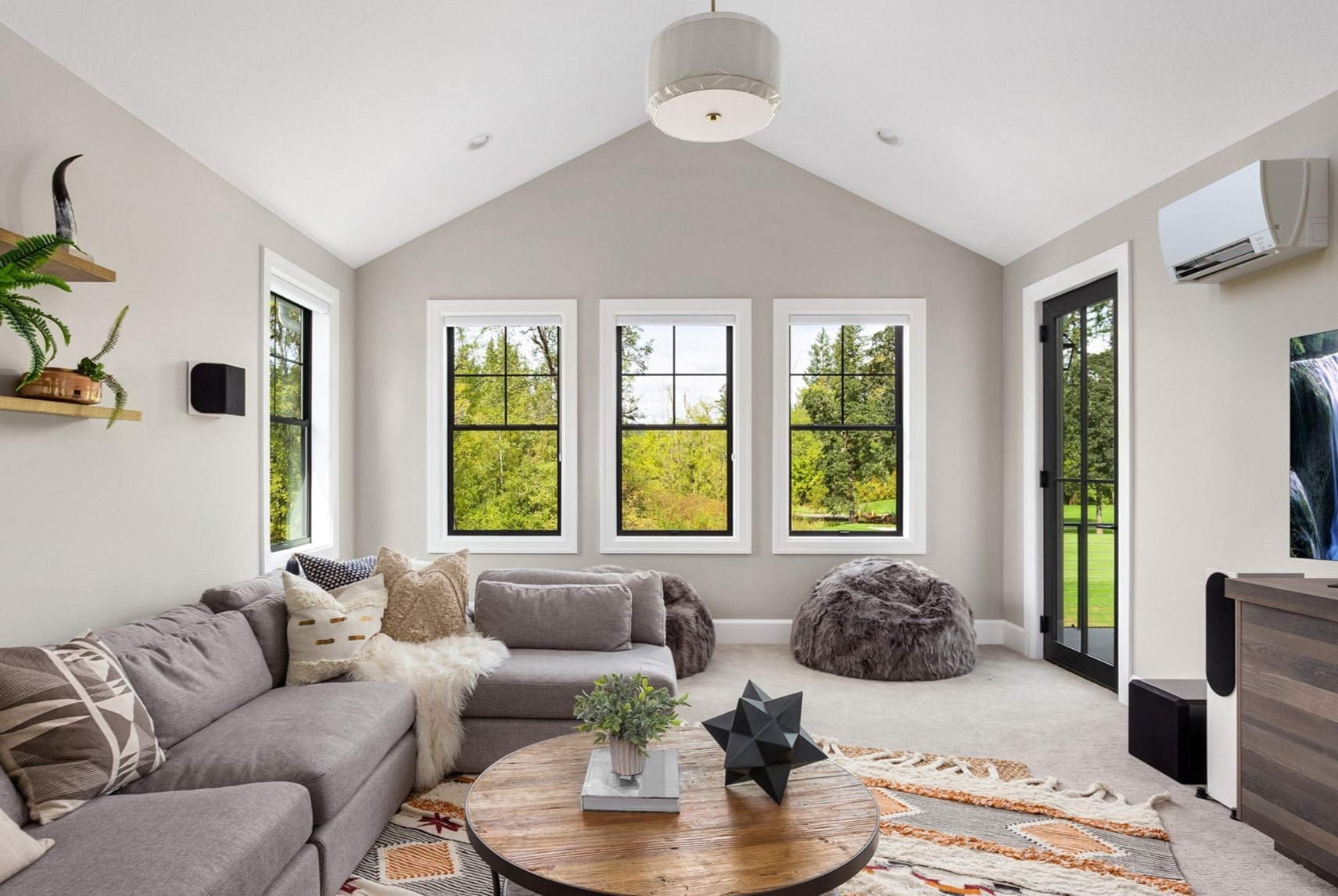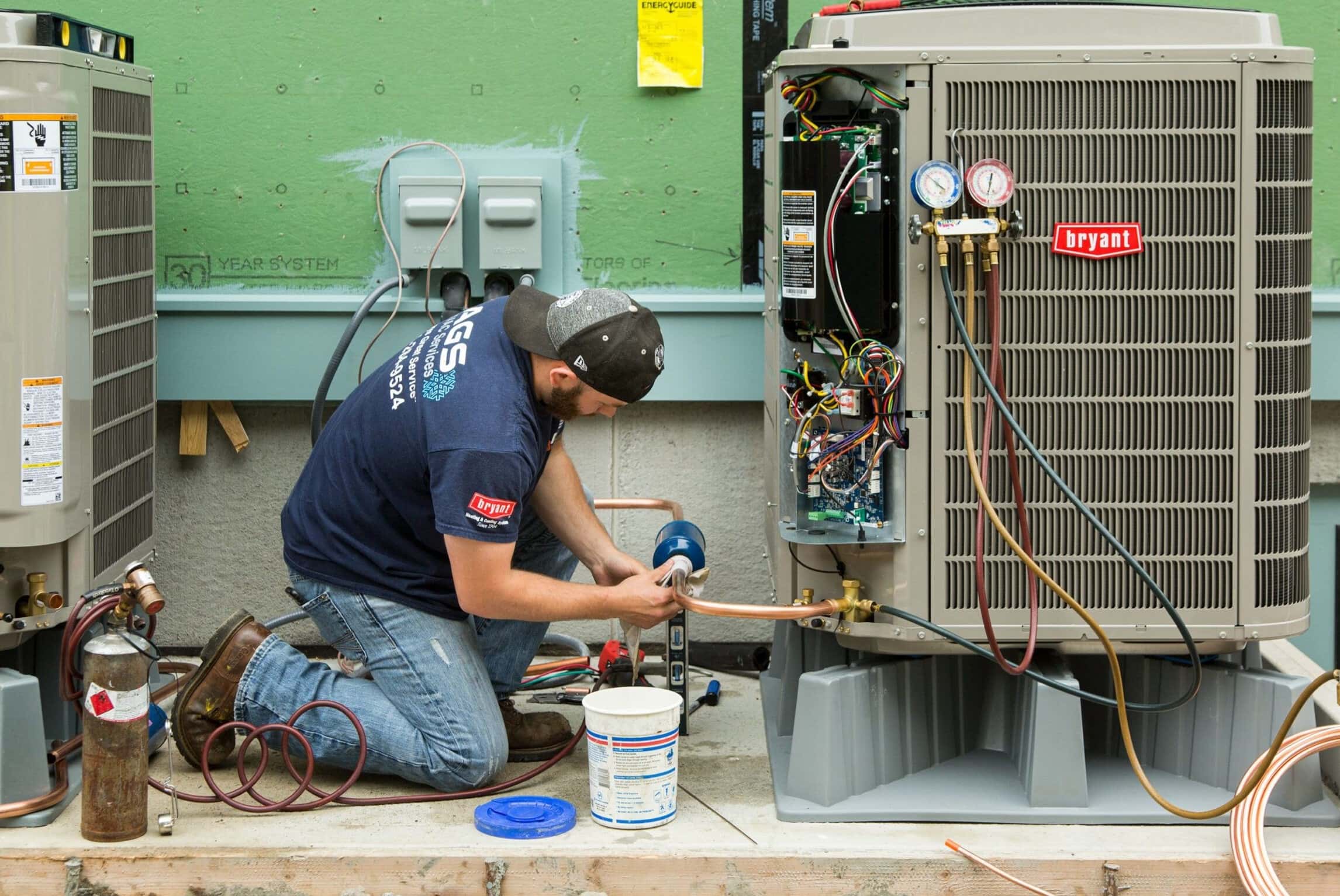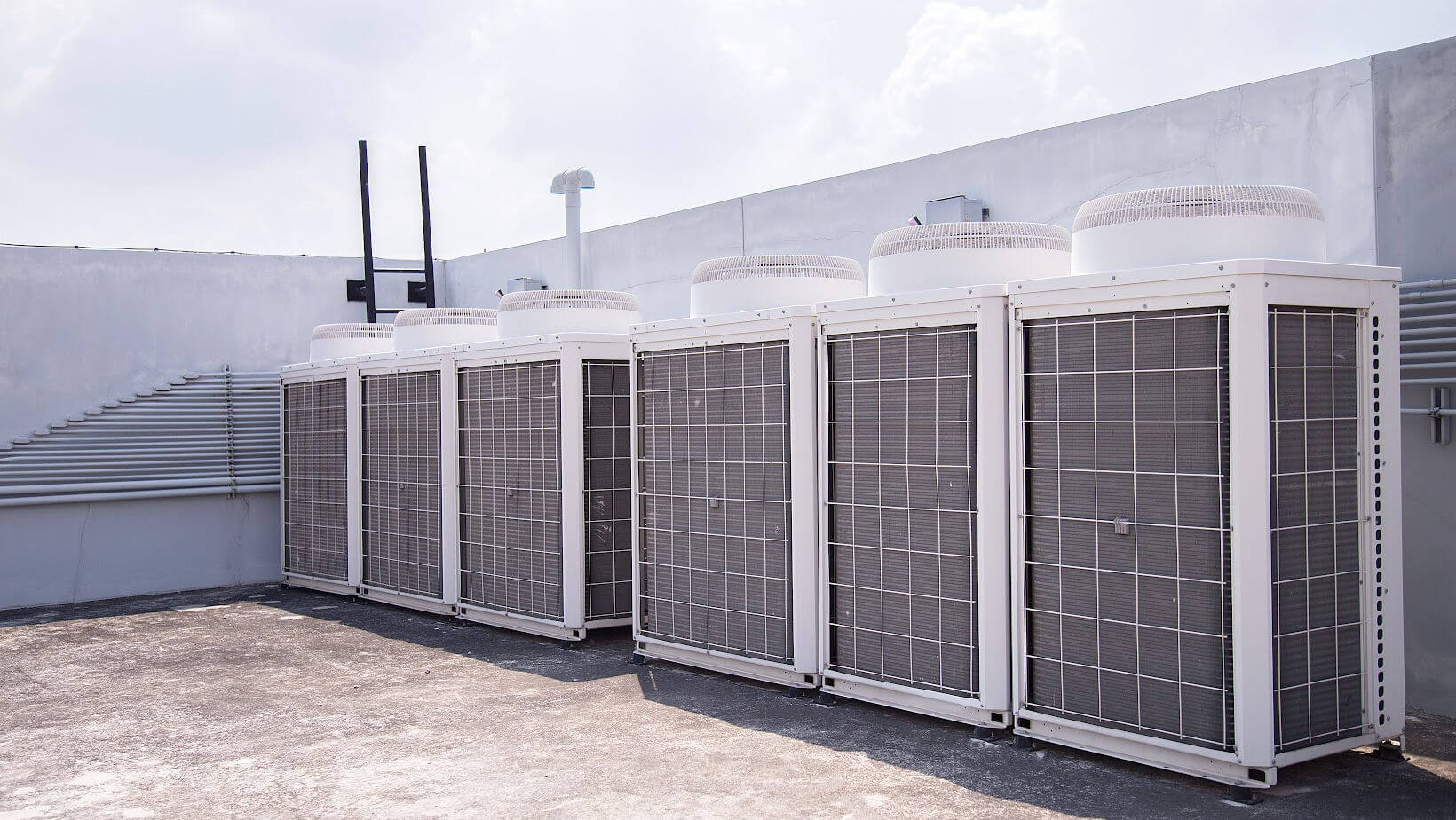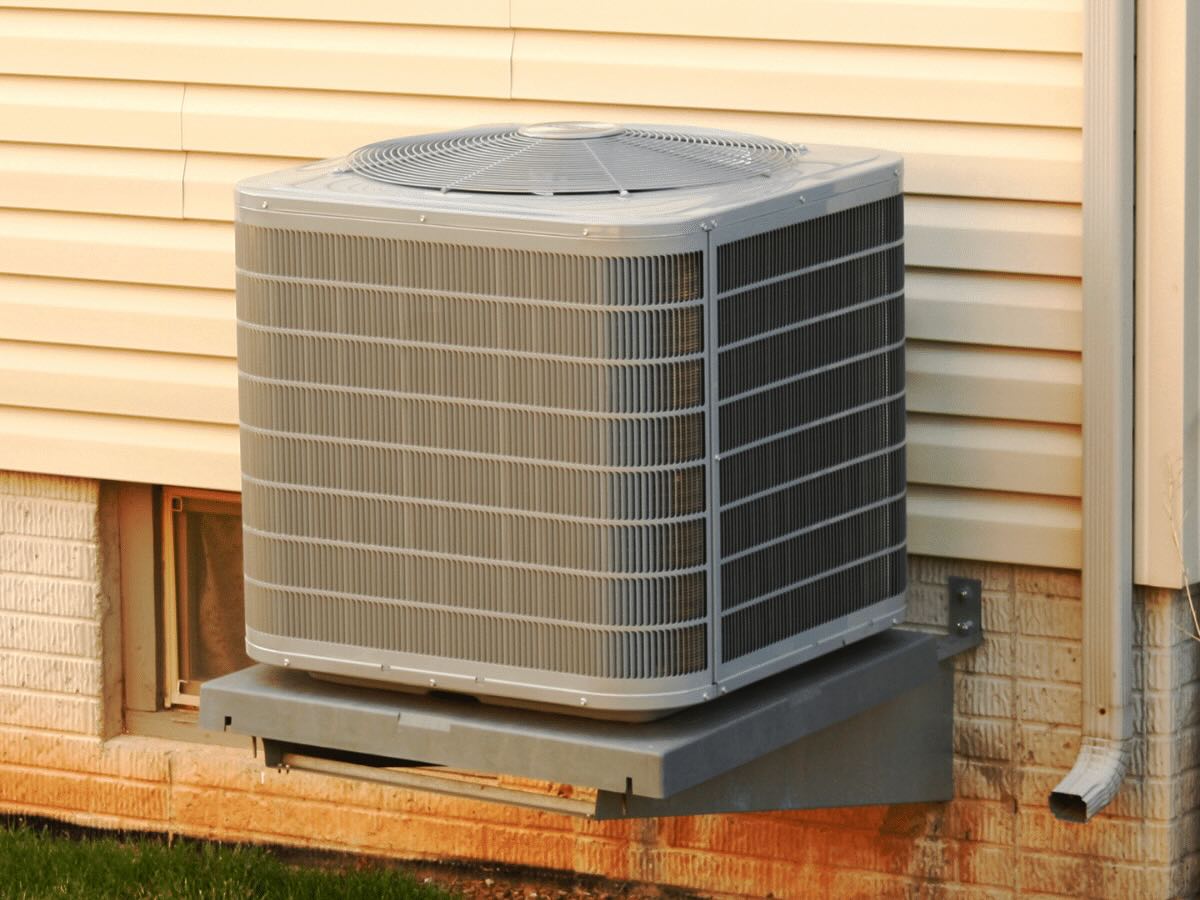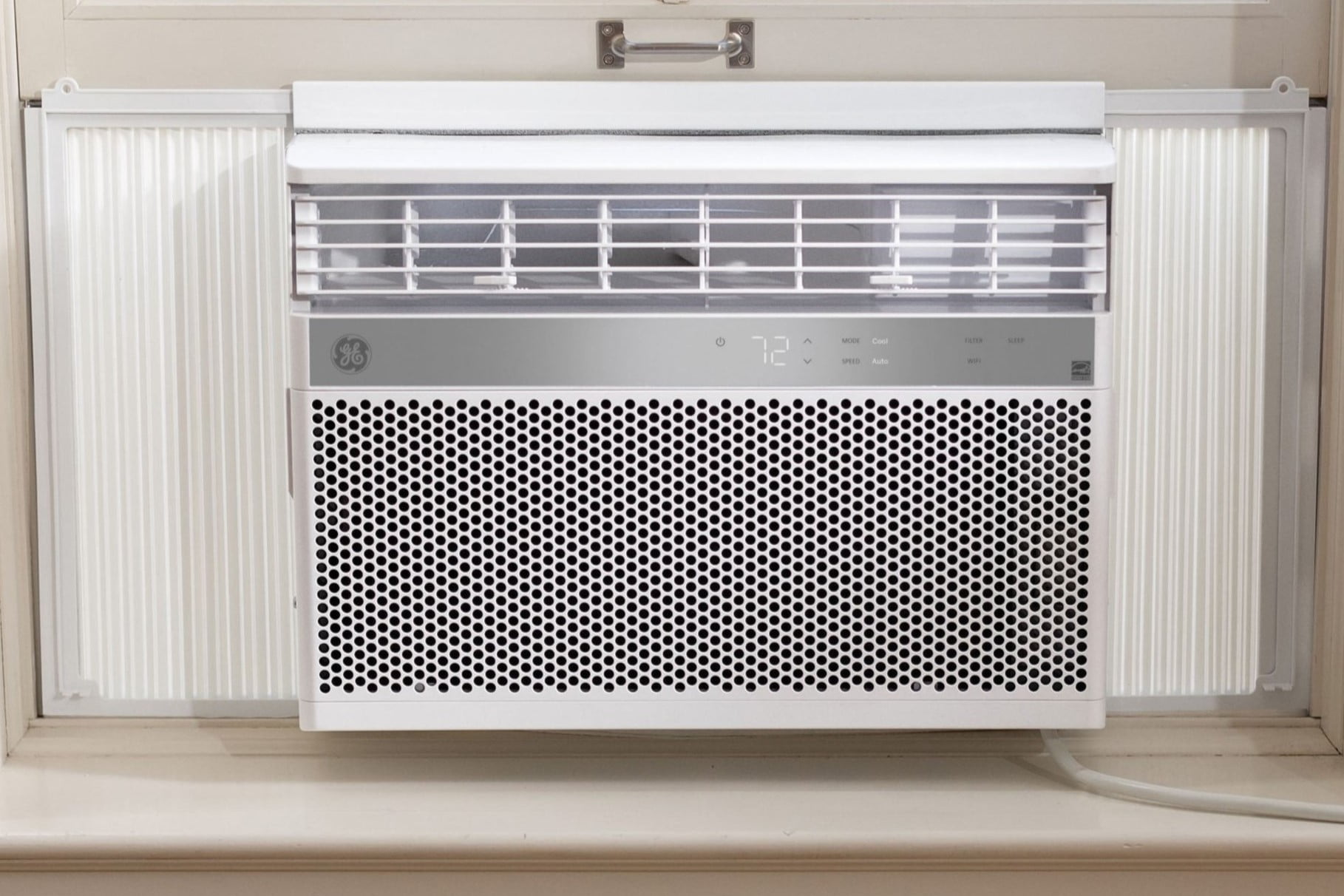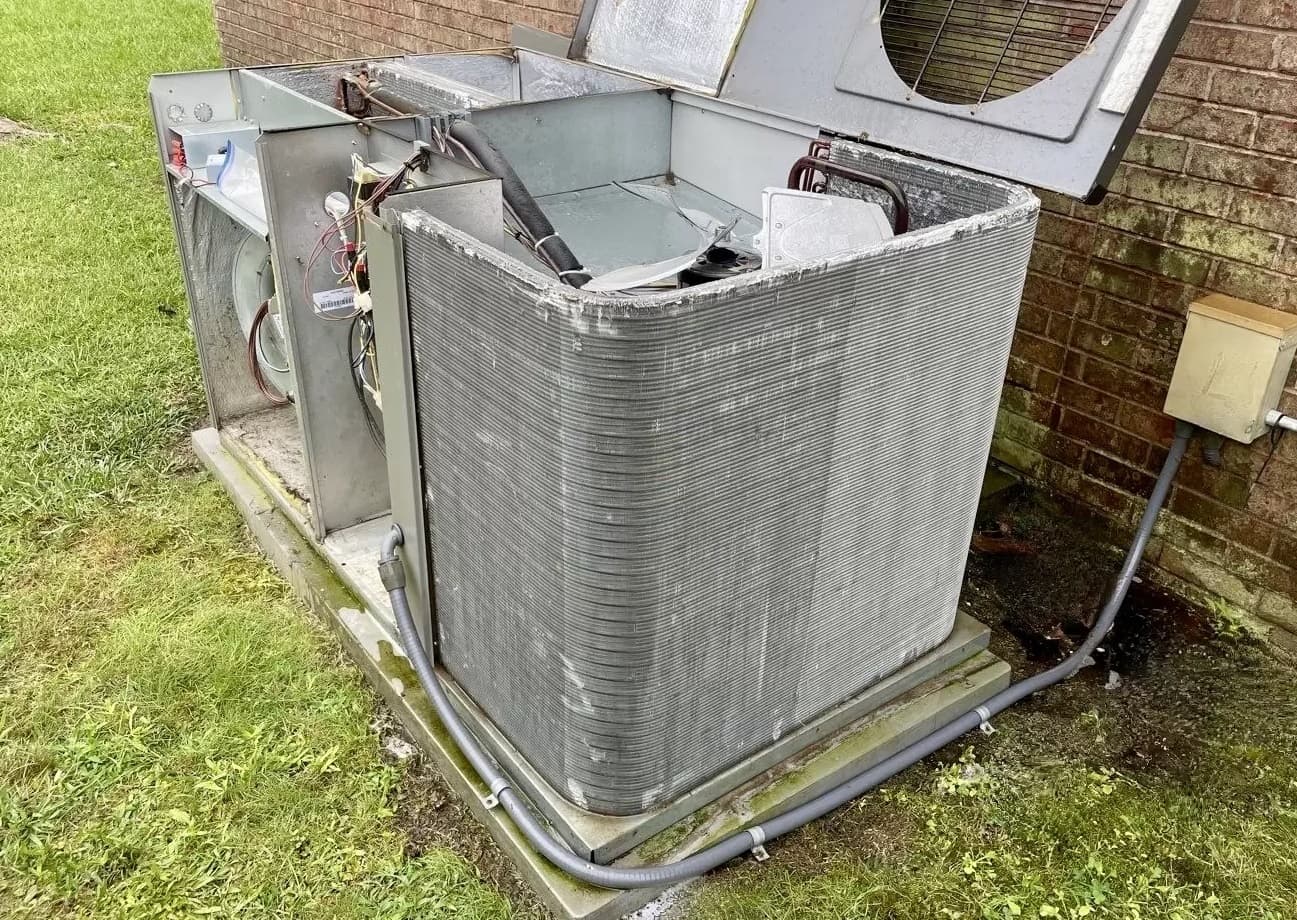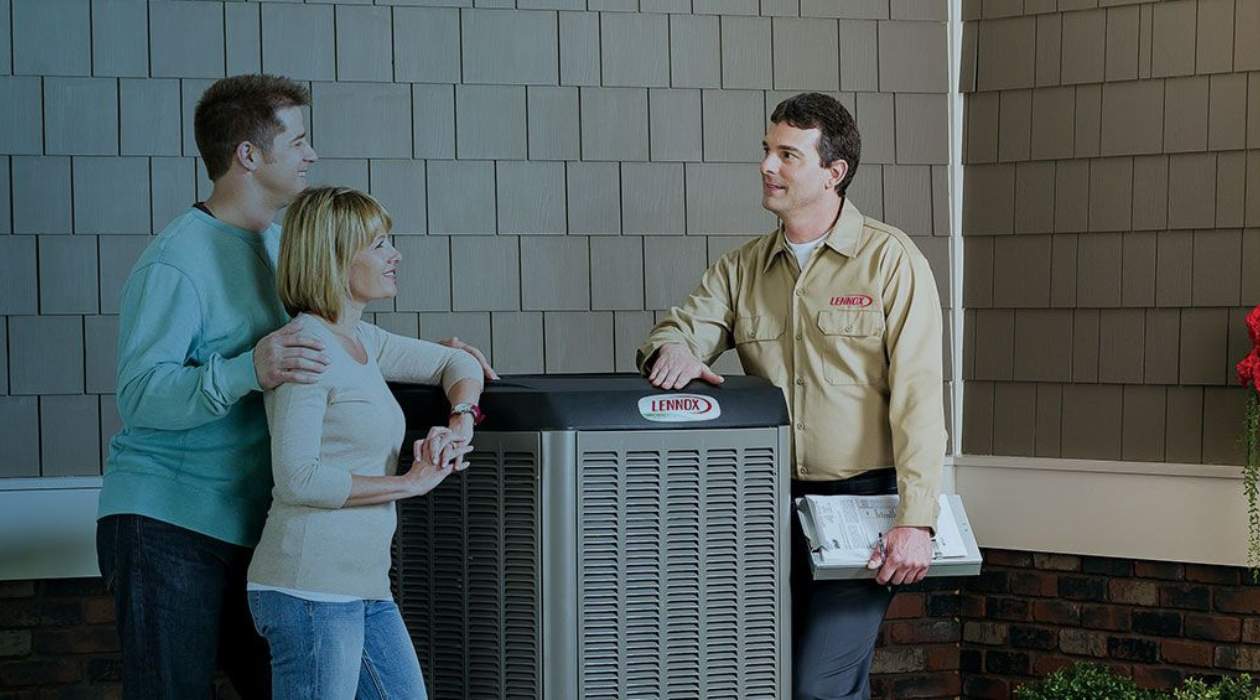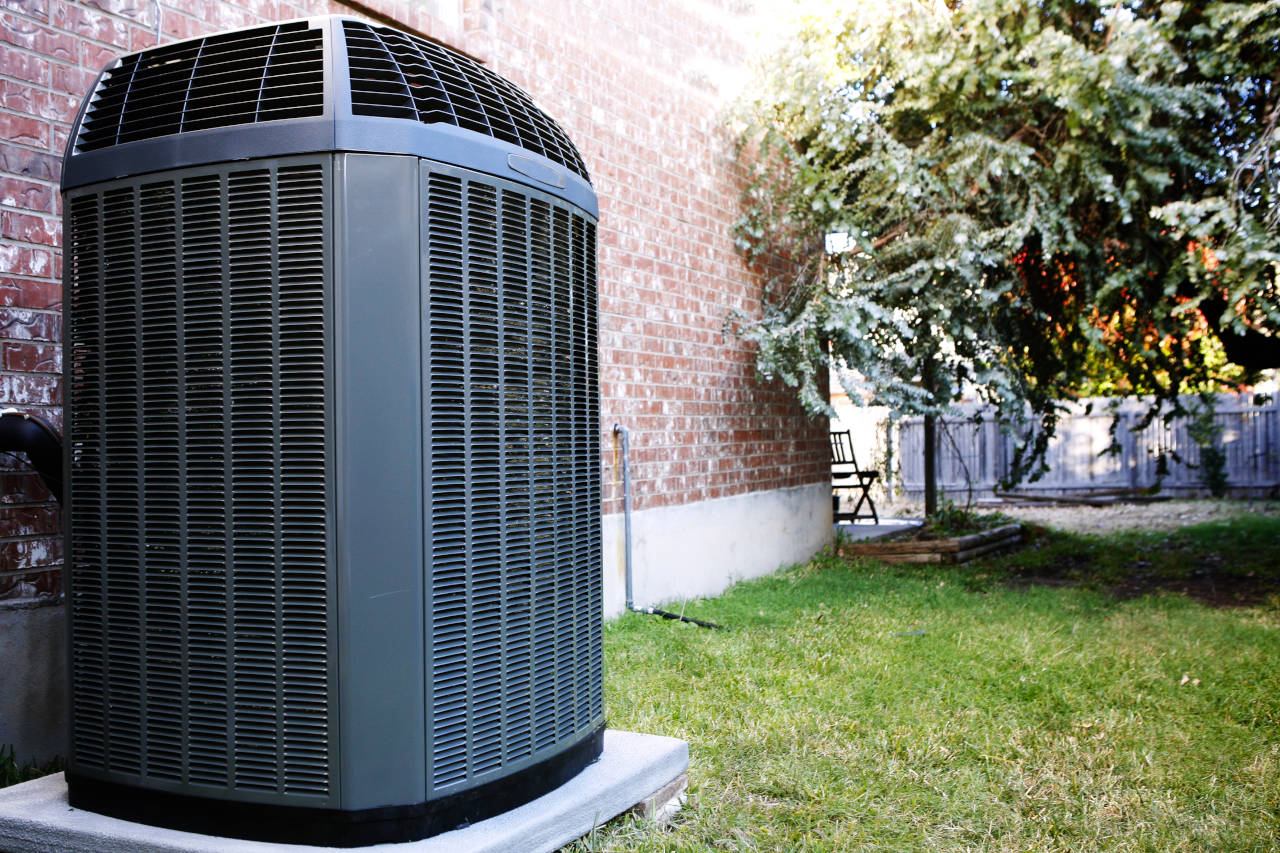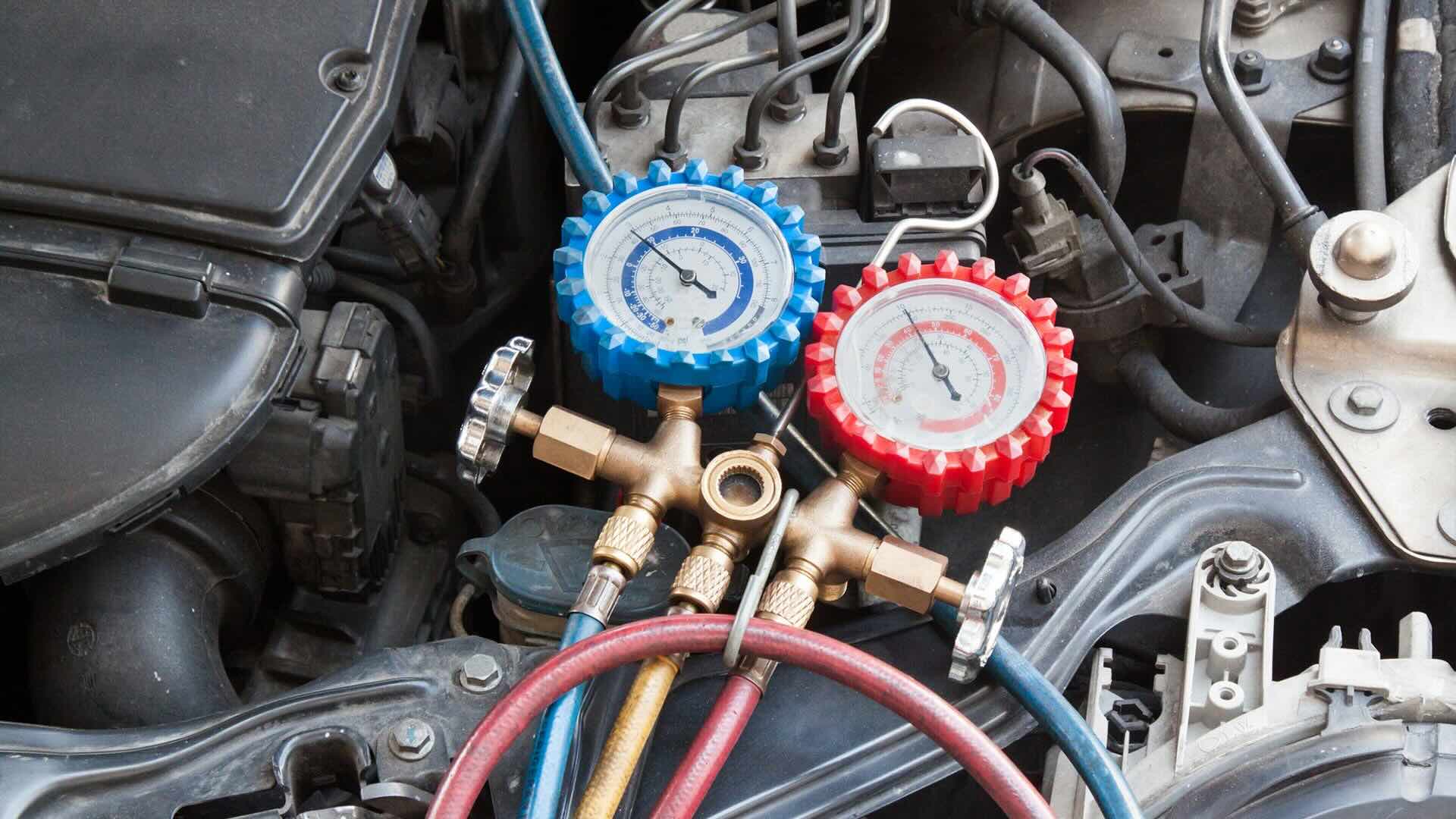Home>Home Maintenance>How Much Is A New Central Air Conditioner
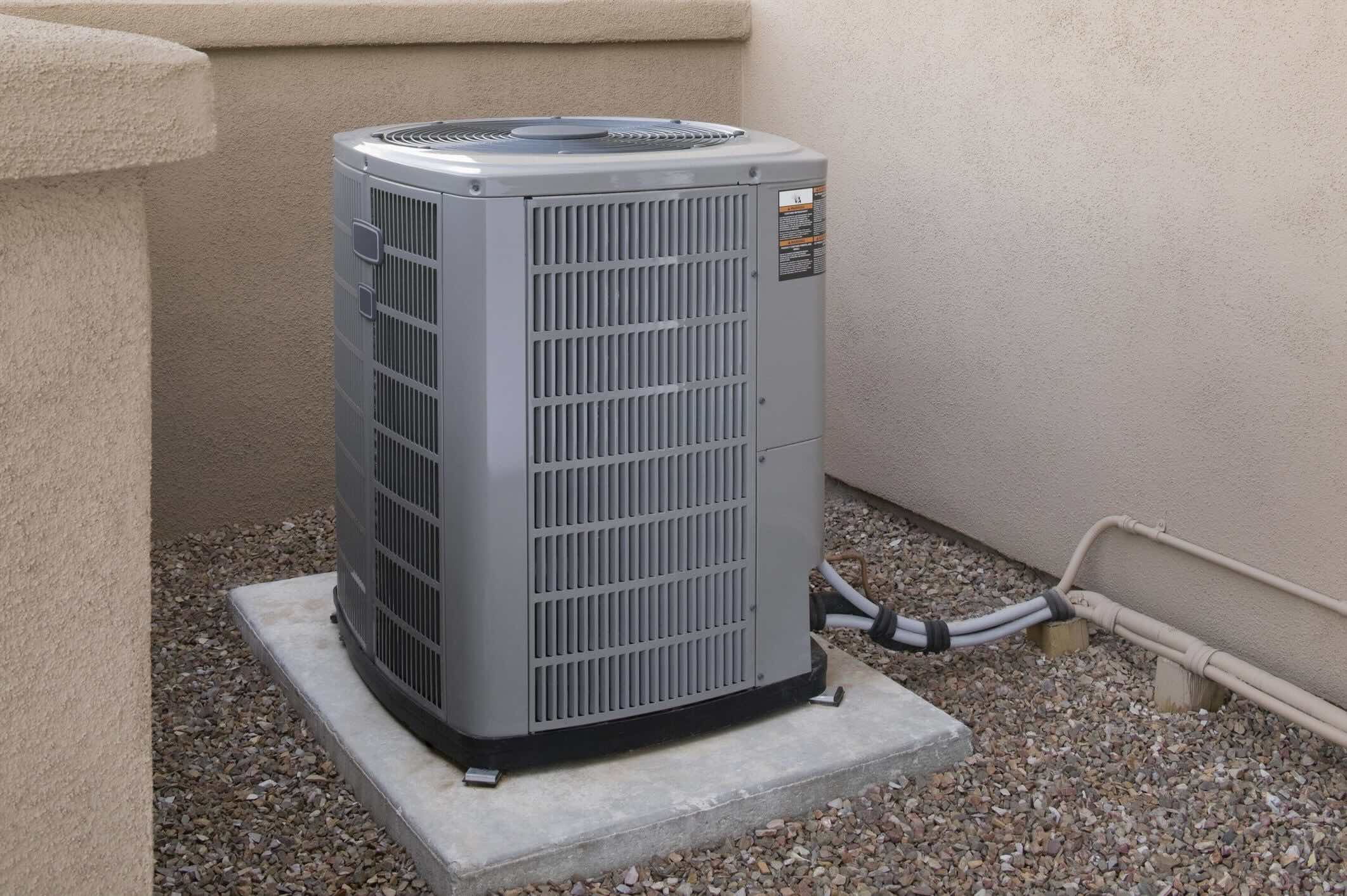

Home Maintenance
How Much Is A New Central Air Conditioner
Modified: March 7, 2024
Get an estimate on how much a new central air conditioner will cost for your home. Discover the importance of regular home maintenance and ensure efficient cooling.
(Many of the links in this article redirect to a specific reviewed product. Your purchase of these products through affiliate links helps to generate commission for Storables.com, at no extra cost. Learn more)
Introduction
Welcome to our comprehensive guide on the cost of a new central air conditioner. As the temperatures rise and summer approaches, it’s crucial to ensure that your home remains cool and comfortable. A central air conditioner plays a vital role in keeping your living space pleasant, especially during those scorching hot days.
Whether you’re considering upgrading your existing air conditioning system or installing a brand new one, it’s essential to understand the factors that influence the cost. By having a clear understanding of these factors and knowing what additional costs to consider, you can make an informed decision that suits both your budget and comfort needs.
In this article, we will discuss the average cost of a new central air conditioner, the factors that influence the price, and the additional costs you may encounter during the installation process. We will also provide some valuable tips on how to save money on your new system.
Before diving into the costs, it’s important to understand how a central air conditioner works. Unlike individual air conditioning units, a central air conditioner cools your entire home by distributing cool air through a network of ducts and vents. This makes it more effective in maintaining a constant temperature and humidity level throughout your living space.
The cost of a new central air conditioner can vary greatly depending on multiple factors such as the size of your home, the type of unit you choose, any necessary ductwork modifications, and the level of energy efficiency you desire. By evaluating these factors and understanding their impact on the overall cost, you can better estimate and plan for your new central air conditioner installation.
Now that we have a clear understanding of what a central air conditioner is and its purpose, let’s explore the various factors that can influence its cost.
Key Takeaways:
- Invest in the right-sized, energy-efficient central air conditioner to save money in the long run. Consider smart thermostats and take advantage of rebates to enhance comfort and lower operational costs.
- Consulting with HVAC professionals and obtaining multiple quotes can help you understand and budget for the additional costs of a new central air conditioner installation. Prioritize maintenance for long-term savings and optimal performance.
Read more: How To Choose A Central Air Conditioner
Factors Influencing the Cost of a New Central Air Conditioner
When determining the cost of a new central air conditioner, there are several key factors that come into play. These factors can significantly impact the overall price and should be carefully considered before making a decision. Let’s take a closer look at each of these factors:
- Size of the Unit: The size of the central air conditioner unit is a crucial factor that influences its cost. The size is measured in BTUs (British Thermal Units) and refers to the cooling capacity of the unit. It’s important to choose the right size based on your home’s square footage and cooling needs. A unit that is too small may struggle to cool your home efficiently, while a unit that is too large will cycle on and off frequently, leading to wasted energy and increased operating costs.
- Type of Unit: There are various types of central air conditioner units available in the market, including split systems, packaged systems, and ductless mini-split systems. Each type has its advantages and costs. Split systems are the most common and consist of an outdoor unit and an indoor unit. Packaged systems, on the other hand, house all the components in one unit and are typically used in spaces with limited indoor space. Ductless mini-split systems are ideal for homes without existing ductwork. The choice of the unit type will affect the overall cost.
- Energy Efficiency: The energy efficiency of a central air conditioner is measured by its SEER (Seasonal Energy Efficiency Ratio) rating. The higher the SEER rating, the more energy-efficient the unit is. While units with higher SEER ratings may have a higher upfront cost, they often result in significant energy savings over time. It’s important to consider the long-term cost savings when making a decision about the SEER rating of your new unit.
- Additional Features: Certain additional features, such as programmable thermostats, air purifiers, and humidity control, can add to the cost of a new central air conditioner. These features may enhance your comfort and indoor air quality, but they should be evaluated based on their necessity and your budget.
- Ductwork Modifications: If your home already has existing ductwork, it’s essential to assess its condition and determine whether any modifications or repairs are necessary. In some cases, the ductwork may need to be resized or replaced to accommodate a new central air conditioner unit. These modifications can add to the overall cost of the installation.
It’s important to consult with a professional HVAC contractor who can assess your specific needs and provide you with the most accurate estimate based on these factors. By understanding and considering these factors, you can make a more informed decision about the cost of your new central air conditioner.
Average Cost of a New Central Air Conditioner
One of the most common questions homeowners have when considering a new central air conditioner is, “How much will it cost?” While the exact cost can vary depending on the factors discussed earlier, we can provide a general idea of the average cost range.
On average, the cost of a new central air conditioner can range from $2,500 to $7,500. However, it’s important to note that this is just a rough estimate and the actual cost can vary significantly based on various factors. To get a more accurate estimate, it’s recommended to consult with multiple HVAC contractors and obtain detailed quotes based on your specific requirements.
The cost of the unit itself typically accounts for a significant portion of the overall cost. On average, the price of a new central air conditioner unit can range from $1,200 to $5,000. Higher-end units with advanced features and higher energy efficiency ratings will generally fall on the higher end of this price range.
In addition to the cost of the unit, there are other factors to consider when determining the overall cost of the installation. These factors can include:
- Cost of any necessary ductwork modifications or repairs.
- Cost of additional components such as thermostats, air purifiers, or humidity control devices.
- Cost of labor for installation, which can vary depending on the complexity of the project and the region where you live.
- Any permits or inspections required by local authorities.
It’s important to budget for these additional costs when planning for the installation of a new central air conditioner. Consulting with HVAC contractors and obtaining multiple quotes will help you get a better understanding of these costs.
Keep in mind that while upfront costs may seem high, investing in a new central air conditioner can provide long-term benefits. These benefits include improved energy efficiency, lower utility bills, increased comfort, and enhanced indoor air quality. It’s worth considering the long-term cost savings and comfort improvements when evaluating the overall investment of a new central air conditioner.
Now that we have discussed the average cost of a new central air conditioner, let’s explore some additional costs that you may need to consider during the installation process.
When considering the cost of a new central air conditioner, it’s important to factor in the size of your home, the energy efficiency of the unit, and any additional installation or maintenance costs. Getting multiple quotes from reputable HVAC companies can help you find the best deal.
Additional Costs to Consider
When planning for the installation of a new central air conditioner, it’s important to be aware of any additional costs that may arise during the process. These costs can vary based on your specific requirements and the condition of your home. Let’s take a look at some common additional costs to consider:
- Ductwork Modifications or Repairs: If your existing ductwork is not compatible with the new central air conditioner system, modifications or repairs may be necessary. This can include resizing ducts, sealing leaks, or even replacing sections of ductwork. The cost of ductwork modifications can vary depending on the extent of the work required, the accessibility of the ducts, and the materials used.
- Thermostat Upgrade: Upgrading your thermostat to a programmable or smart thermostat can enhance the efficiency and functionality of your new central air conditioner. While this is an optional cost, it is worth considering as it allows you to have more control over your cooling system and potentially save energy and money in the long run.
- Electrical Work: Depending on the capacity and electrical requirements of your new central air conditioner unit, you may need to upgrade or modify your electrical system. This can include installing a dedicated circuit, upgrading the electrical panel, or increasing the electrical capacity to accommodate the new system. It’s important to consult with an electrician to assess your electrical needs and ensure a safe and proper installation.
- Permits and Inspections: Some local authorities may require permits and inspections for the installation of a new central air conditioner. The cost of permits can vary depending on your location, and inspection fees may also apply. It’s important to check with your local building department to determine the requirements and associated costs.
- Maintenance and Service Contracts: While not directly related to the installation process, it’s worth considering the long-term maintenance and service costs of your new central air conditioner. Regular maintenance and occasional repairs are essential to keep your system running efficiently and prolong its lifespan. Many HVAC companies offer maintenance and service contracts that can help you manage these costs and ensure the optimal performance of your system.
It’s important to factor in these additional costs when budgeting for your new central air conditioner installation. Consulting with HVAC professionals and obtaining detailed quotes will help you get a clearer picture of the projected expenses and allow you to plan accordingly.
Now that we have explored the additional costs, let’s move on to some tips for saving money on a new central air conditioner.
Tips for Saving Money on a New Central Air Conditioner
Investing in a new central air conditioner can be a significant expense, but there are several ways to save money during the process. Consider the following tips to help lower the overall cost of your new central air conditioner:
- Compare Multiple Quotes: Contact multiple HVAC contractors and obtain detailed quotes for your new central air conditioner installation. Comparing quotes will help you identify any price variations and ensure that you are getting the best value for your money. Don’t just settle for the lowest price; consider the reputation, experience, and customer reviews of the contractors as well.
- Choose the Right Size: Avoid overspending on a central air conditioner that is larger than your home requires. An oversized unit will not only cost more upfront, but it will also lead to energy wastage and increased utility bills. Have a professional HVAC contractor properly assess your home’s cooling needs and recommend the appropriate size for your new central air conditioner.
- Opt for Energy Efficiency: While higher-efficiency units may have a higher upfront cost, they can save you money in the long run. Look for central air conditioners with high SEER (Seasonal Energy Efficiency Ratio) ratings, which indicate better energy efficiency. Energy-efficient models can significantly reduce your cooling costs over time and also qualify you for potential energy rebates or tax incentives.
- Utilize Smart Thermostats: Consider upgrading to a programmable or smart thermostat. These thermostats allow you to set cooling schedules, adjust temperatures remotely, and optimize energy usage. By using your central air conditioner more efficiently, you can reduce energy waste and save on your cooling costs.
- Take Advantage of Rebates and Incentives: Research any available rebates, tax credits, or incentives offered by manufacturers, energy companies, or government entities. These financial incentives can help offset the cost of your new central air conditioner installation. Make sure to check eligibility requirements and follow the necessary steps to claim these incentives.
- Maintain Regular Maintenance: Proper maintenance is crucial for the optimal performance and longevity of your central air conditioner. Schedule regular maintenance checks with a professional HVAC technician to ensure that your system is operating efficiently. Routine maintenance can prevent costly repairs and improve energy efficiency, ultimately saving you money in the long run.
Implementing these tips will not only save you money during the installation of your new central air conditioner but also help you save on operational costs in the future. Don’t hesitate to discuss these options with your HVAC contractor, as they can provide further guidance and recommendations specific to your situation.
As a final note, remember that investing in a high-quality central air conditioner is a long-term investment in your comfort and energy savings. By considering these tips and making informed decisions, you can enjoy a cool and comfortable home while minimizing the financial impact.
Now that we have explored ways to save money, let’s summarize what we’ve covered in this guide.
Read more: How Much Does A New Air Conditioner Cost
Conclusion
We hope this comprehensive guide has provided valuable insights into the cost of a new central air conditioner and the factors that influence it. When considering a new central air conditioner, it’s important to take into account factors such as the size of the unit, the type of unit, energy efficiency, additional features, and any necessary ductwork modifications. These factors can significantly impact the overall cost of the installation.
The average cost of a new central air conditioner can range from $2,500 to $7,500, depending on various factors such as the unit itself, additional components, labor costs, and permits or inspections. It’s crucial to budget for these additional costs to ensure a smooth and successful installation process.
To save money on your new central air conditioner, consider obtaining multiple quotes, choosing the right size for your home, opting for energy-efficient models, utilizing smart thermostats, taking advantage of rebates and incentives, and maintaining regular maintenance. These tips can help lower the upfront and operational costs, while also improving energy efficiency and overall comfort.
Investing in a new central air conditioner is a significant decision, and it’s important to consult with professional HVAC contractors to assess your specific needs and provide accurate estimates. They can guide you through the process and help you choose the best central air conditioner for your home.
Remember, a new central air conditioner not only enhances your comfort but also improves energy efficiency, reduces utility bills, and enhances indoor air quality. It’s a long-term investment that can provide years of reliable cooling and savings.
We hope this guide has been informative and has helped you gain a better understanding of the cost of a new central air conditioner. Stay cool and enjoy a comfortable home!
Frequently Asked Questions about How Much Is A New Central Air Conditioner
Was this page helpful?
At Storables.com, we guarantee accurate and reliable information. Our content, validated by Expert Board Contributors, is crafted following stringent Editorial Policies. We're committed to providing you with well-researched, expert-backed insights for all your informational needs.
